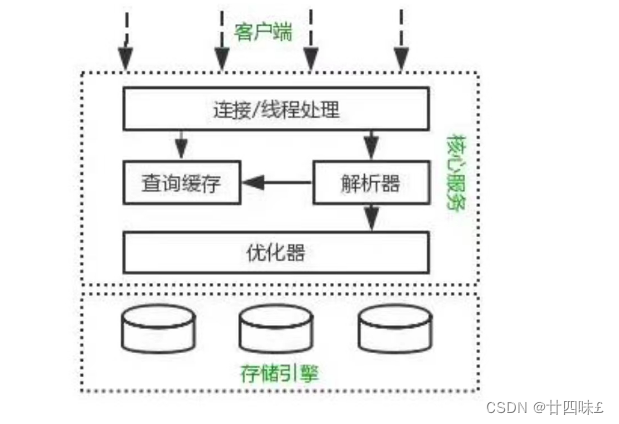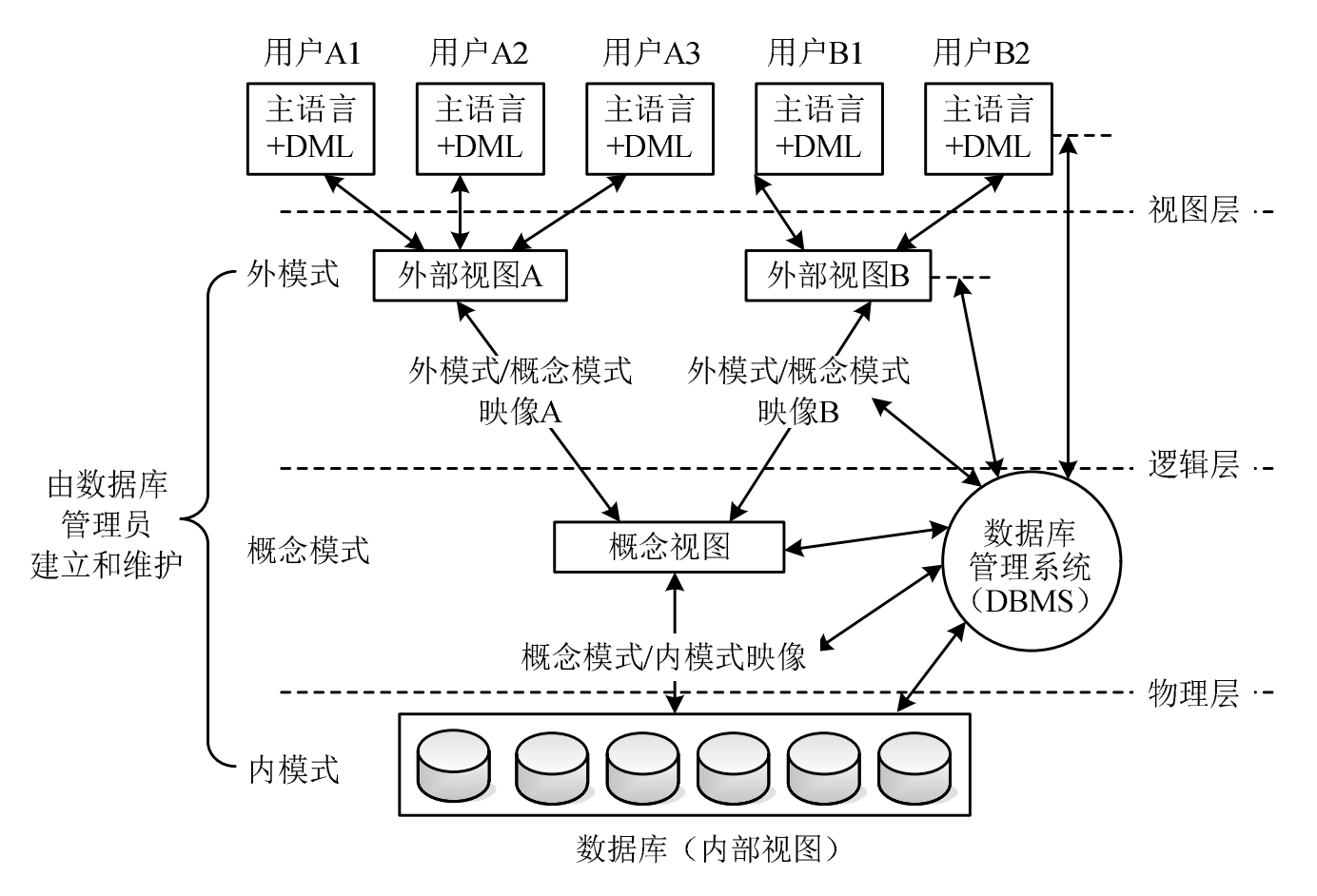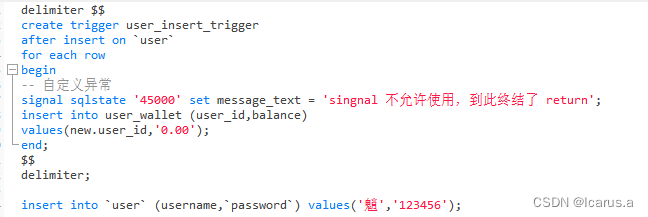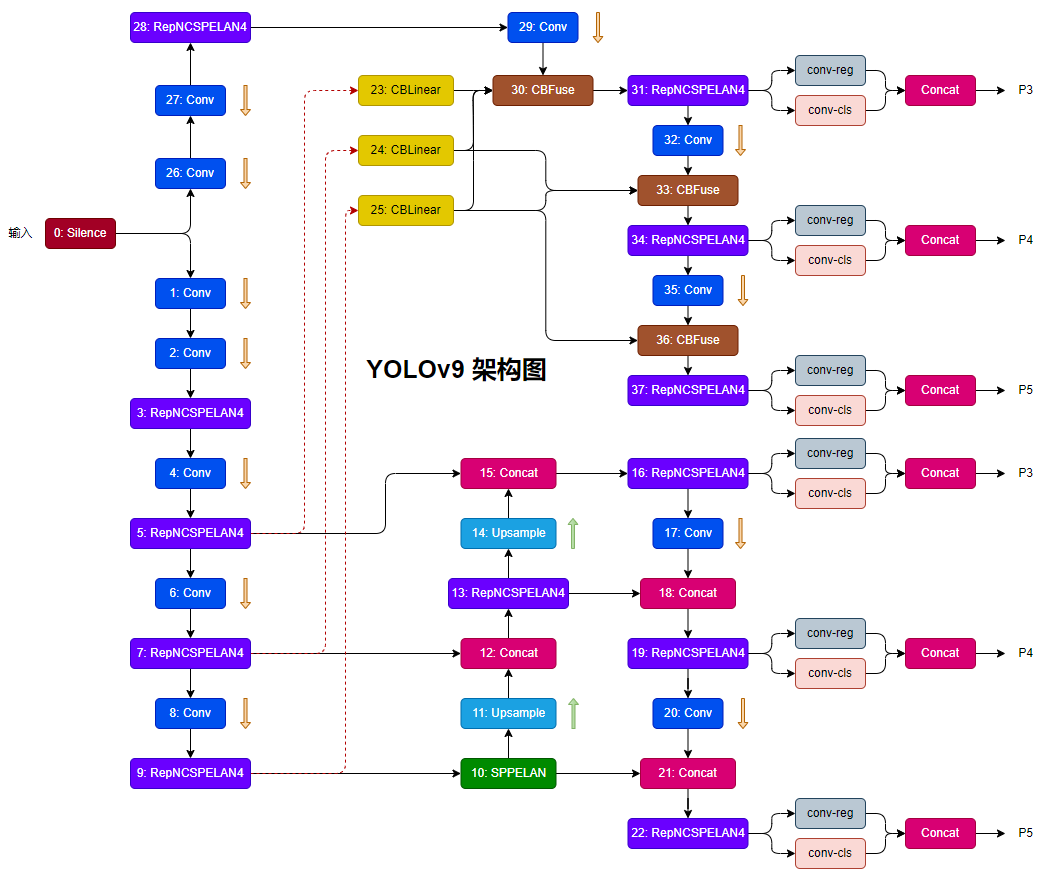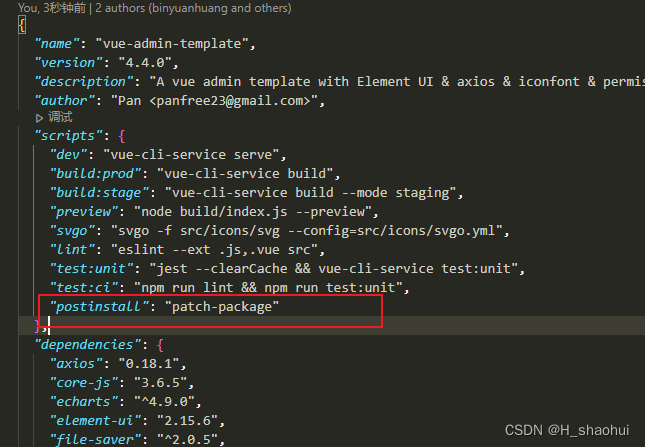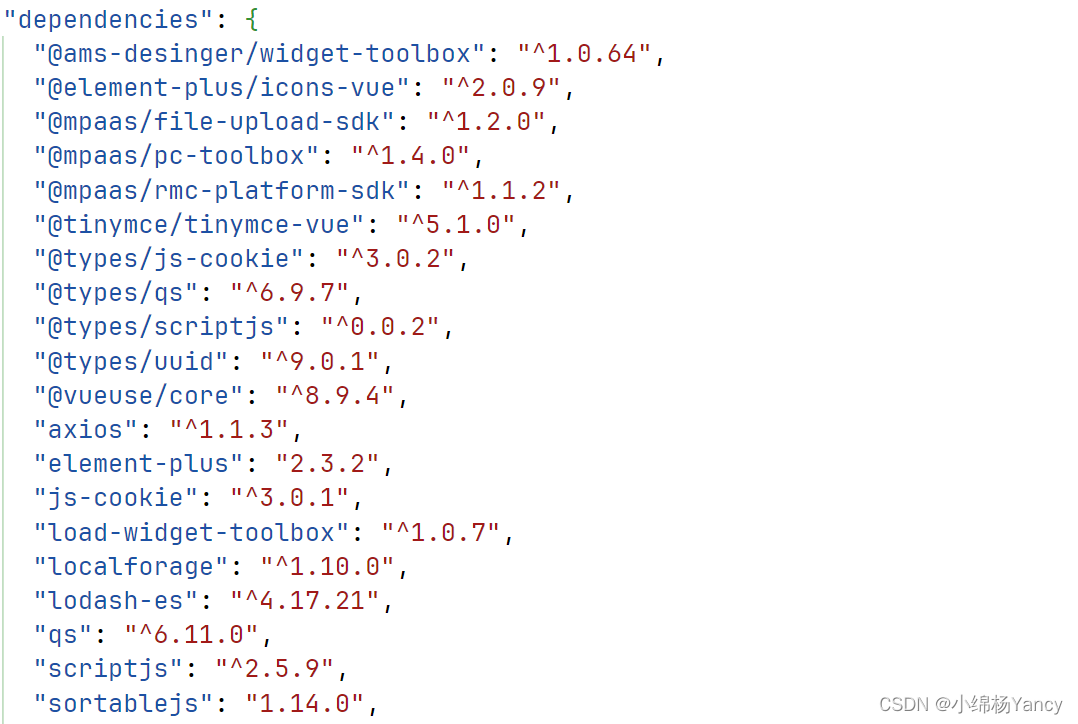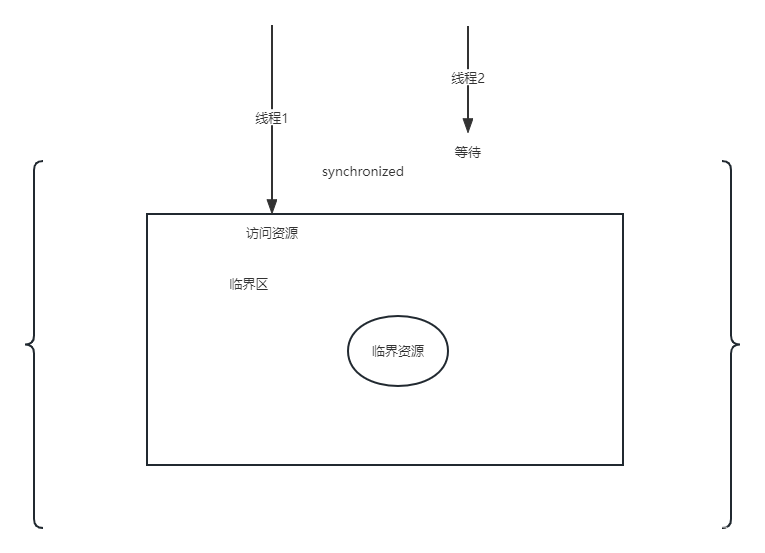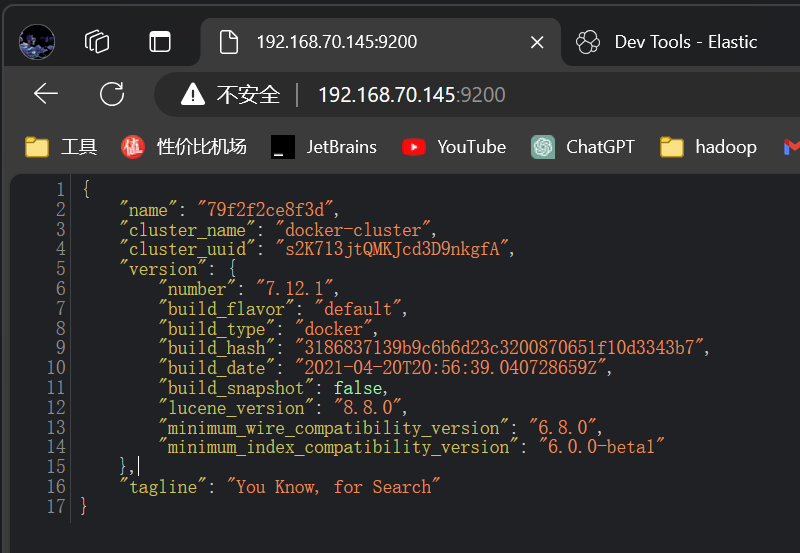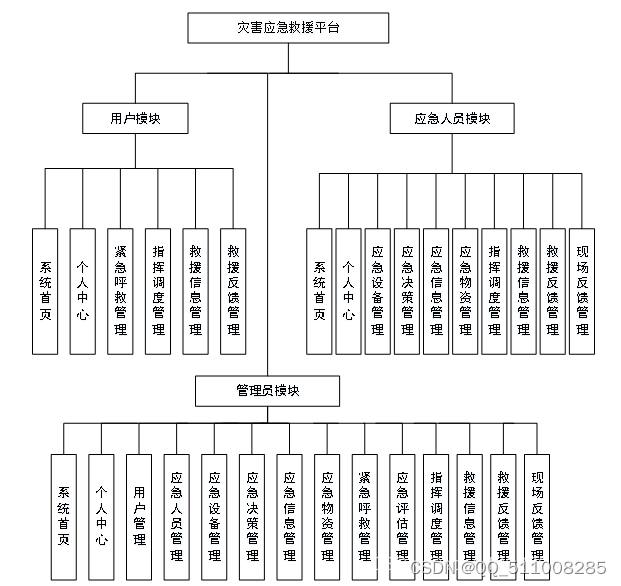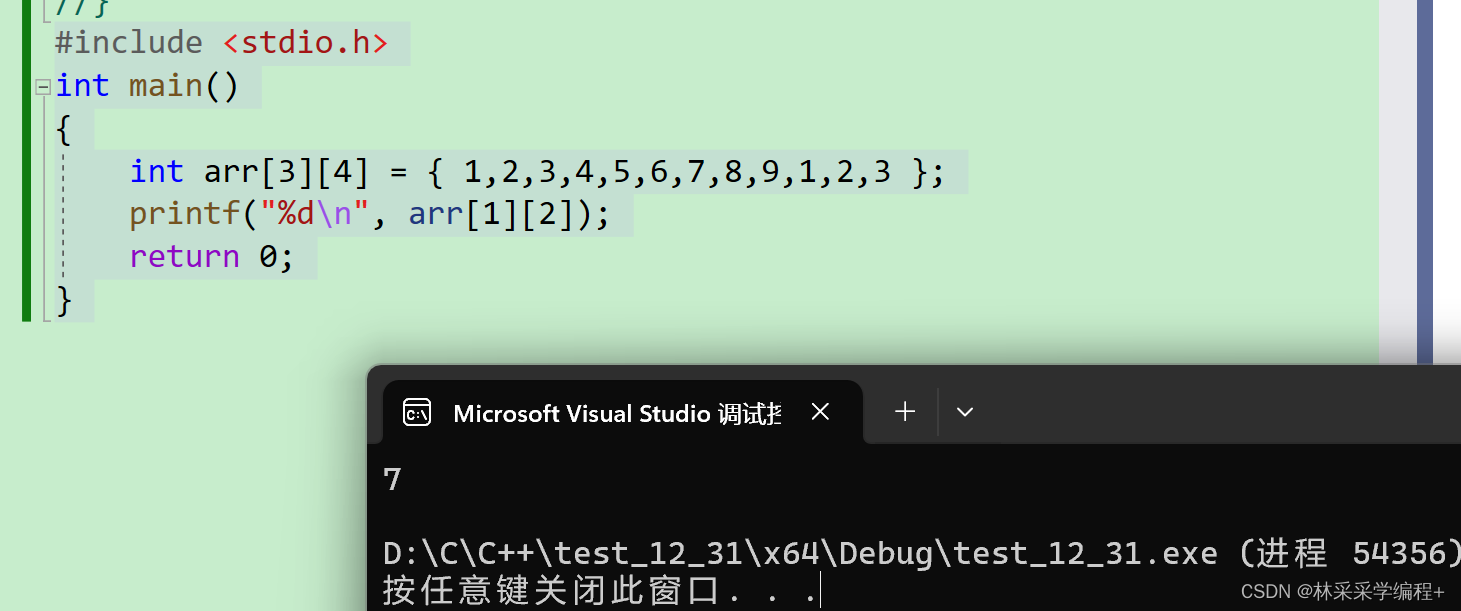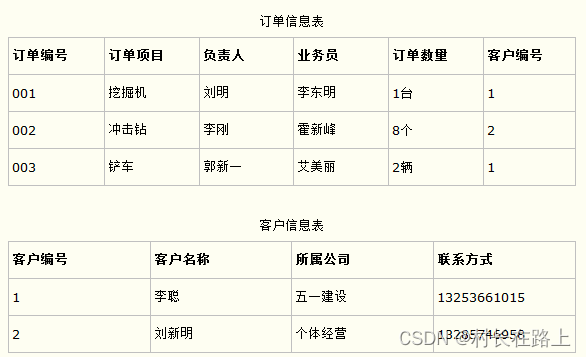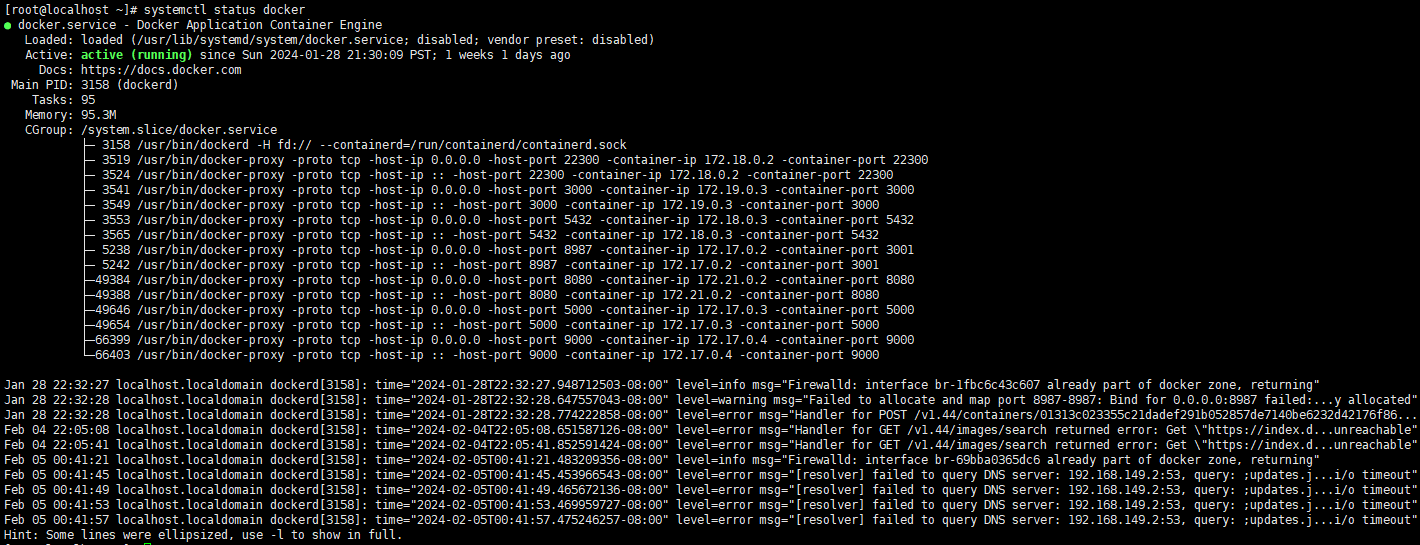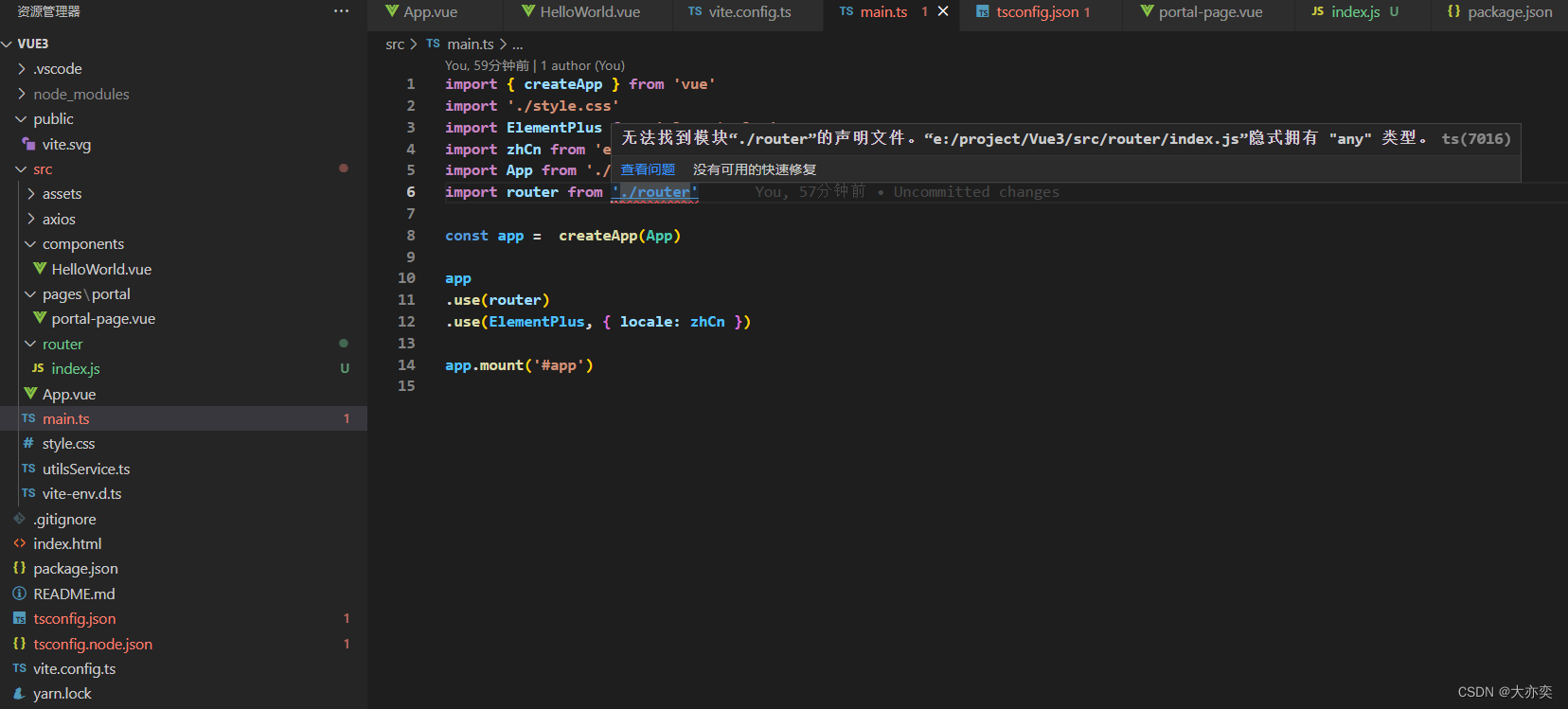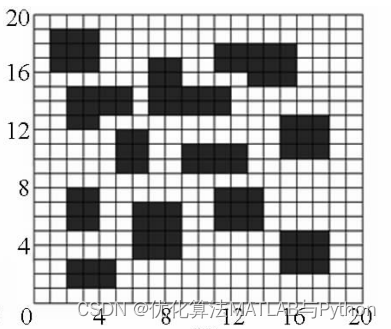目录
类模板的作用
建立一个通用类,类中的成员,数据类型可以不具体制定,用一个虚拟类型来代表
类模板语法
template<typename T>
类类模板与函数模板的区别
- 类模板没有自动类型推导的使用方式
- 类模板在模板参数列表中可以有默认参数
类模板中的成员函数创建时机
- 普通类中的成员函数一开始声明就可以创建
- 类模板中的成员函数在调用时才创建
类模板对象做函数参数
指定传入的类型-----直接显示对象的数据类型(广泛使用)
参数模板化-----将对象中的参数变为模板进行传递
整个类模板化-----将这个对象类型模板化进行传递
类模板与继承
- 当子类继承的父类是一个类模板时,子类在声明的时候要指定出父类中T的类型
- 如果不指定,编译器无法给子类分配内存
- 如果想灵活指定出父类中T的类型,子类也需要变为类模板
#include <iostream>
#include <string>
using namespace std;
template <class T>
class Base
{
public:
T m;
};
//继承,父类为类模板, 1.指定类型
class Son1 :public Base<int>
{
};
//继承,父类为类模板, 2.灵活继承
template<class S1, class NameType>
class Son2 :public Base<NameType>
{
public:
S1 m_obj;
Son2(S1 obj, NameType name)
{
this->m_obj = obj;
this->m = name;
}
void show_info()
{
cout << "son m_obj:" << this->m_obj << endl;
cout << "son m:" << this->m << endl;
}
};
void test_Son(void)
{
Son2<string, int> m_son("son", 12);
m_son.show_info();
}
int main()
{
test_Son();
return 0;
}类模板成员函数类外实现
类模板中成员函数类外实现时,需要加上模板参数列表
#include <iostream>
#include <string>
using namespace std;
template<class NameType, class AgeType> //默认参数
class Person
{
public:
Person(NameType name, AgeType age);
void show_Info();
NameType m_Name;
AgeType m_Age;
};
//类外实现构造函数
template<class NameType, class AgeType>
Person<NameType, AgeType>::Person(NameType name, AgeType age)
{
this->m_Name = name;
this->m_Age = age;
}
//类外实现成员函数
template<class NameType, class AgeType>
void Person<NameType, AgeType>::show_Info()
{
cout << "姓名:" << this->m_Name << ",年龄:" << this->m_Age << endl;
}
void test(void)
{
Person<string, int> person("张三", 19); //必须显示指定类型
person.show_Info();
}
int main()
{
test();
return 0;
}类模板份文件编写
问题:类模板中成员函数创建时机在调试阶段,导致份文件编写时链接不到。
解决方案:
- 1.直接包含.cpp源文件
//修改头文件#include "person.h"改为
#include "person.hpp"- 2.将声明和实现写到同一个文件中,并修改后缀名为.hpp, hpp是约定名称,非强制。
//声明和实现写一起命名为.hpp文件,然后包含hpp文件
#include "person.hpp"类模板与友元
- 全局函数类内实现---直接在类内声明友元即可(建议使用)
- 全局函数类外实现---需要提前让编译器知道全局函数的存在
#include <iostream>
#include <string>
using namespace std;
//提前让编译器知道Person存在
template<class NameType, class AgeType> class Person;
//全局函数类外实现
template<class NameType, class AgeType>
void show_Info1(Person<NameType, AgeType>p)
{
cout << "姓名:" << p.m_Name << ",年龄:" << p.m_Age << endl;
}
template<class NameType, class AgeType> //默认参数
class Person
{
public:
Person(NameType name, AgeType age);
//全局函数配合友元类内实现
friend void show_Info(Person<NameType, AgeType>p)
{
cout << "姓名:" << p.m_Name << ",年龄:" << p.m_Age << endl;
}
//全局函数类外实现 ;加空模板参数列表 ;编译器提前知道这个函数的存在
friend void show_Info1<>(Person<NameType, AgeType>p);
private:
NameType m_Name;
AgeType m_Age;
};
template<class NameType, class AgeType>
Person<NameType, AgeType>::Person(NameType name, AgeType age)
{
this->m_Name = name;
this->m_Age = age;
}
void test(void)
{
Person<string, int> person("张三", 19); //必须显示指定类型
show_Info(person);
show_Info1(person);
}
int main()
{
test();
return 0;
}类模板使用示例
#include <iostream>
#include <string>
using namespace std;
template<class NameType, class AgeType = int> //默认参数
class Person
{
public:
Person(NameType name, AgeType age)
{
this->m_Name = name;
this->m_Age = age;
}
void show_Info()
{
cout << "姓名:" << this->m_Name << ",年龄:" << this->m_Age << endl;
}
NameType m_Name;
AgeType m_Age;
};
void test(void)
{
Person<string, int> person("张三", 19); //必须显示指定类型
Person<string> person_1("李四", 19);
person.show_Info();
person_1.show_Info();
}
//指定传入类型
void printPerson(Person<string, int> &person)
{
person.show_Info();
}
//将参数模板化
template<class NameType, class AgeType>
void printPerson1(Person<NameType, AgeType>& person)
{
person.show_Info();
cout << "NameType数据类型为:" << typeid(NameType).name() << endl;
cout << "AgeType数据类型为:" << typeid(AgeType).name() << endl;
}
//整个类模板化
template<class T>
void printPerson1(T & person)
{
person.show_Info();
cout << "T数据类型为:" << typeid(T).name() << endl;
}
void test_parm(void)
{
//指定传入类型
Person<string, int> person("张三", 199);
printPerson(person);
//将参数模板化
printPerson1(person);
//整个类模板化
printPerson1(person);
}
int main()
{
test();
test_parm();
return 0;
}




